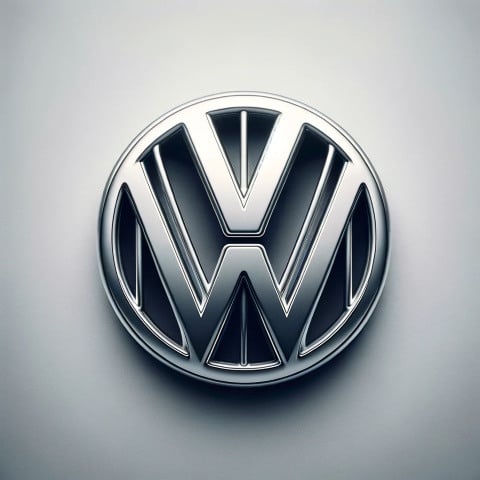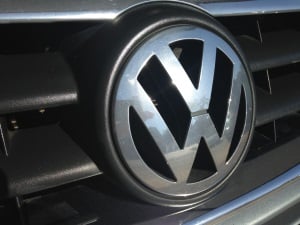Criminal Test Rigging By Volkswagen
Riding on the heels of $2.1 billion in criminal penalties assessed to Toyota and General Motors comes another big scandal involving Volkswagen –...
2 min read
Erik Bjornstad : Jan 28 2016

As the penalties for Volkswagen’s environmental cheating are being figured out, some significant players in the industry are offering their own thoughts on what should happen to VW.
Back in December, a group of 45 leaders across the business and environmental sectors sent an open letter to the California Air Resources Board (also called CARB) with some different perspectives on what VW should be directed to do. The most notable member of the group was Tesla and SpaceX founder Elon Musk.
 This group of leaders made a series of interesting points about what Volkswagen should be required to do about fixing the cars in the marketplace. They suggested that VW shouldn’t have to recall and fix those cars, because it was “costly and impractical” and wouldn’t make the cars any safer to drive but would make them run a lot worse (the consumer might view this as being unfair to them, too).
This group of leaders made a series of interesting points about what Volkswagen should be required to do about fixing the cars in the marketplace. They suggested that VW shouldn’t have to recall and fix those cars, because it was “costly and impractical” and wouldn’t make the cars any safer to drive but would make them run a lot worse (the consumer might view this as being unfair to them, too).
Instead, the group suggested that a better course of action would be take the money that VW would have had to spend fixing old cars and require them to pour those resources into speedier development of “zero emissions” vehicles.
On the face of it, this makes a lot of sense. The whole point for the emissions standards VW got caught cheating is to reduce carbon emissions to improve the environment for future generations. Zero emissions vehicles accomplish this to an even greater extent.
Instead of forcing VW to apply a better bandaid to the problem (by fixing existing diesel cars), make them accelerate the bringing-to-market of even better solutions.
Their point here is valid.
Zero emissions vehicles are better for the environment. The group also made the point that you can’t cheat with these vehicles, plus you save even more because you don’t have to spend money to enforce emissions standards on vehicles that, by definition, don’t emit any emissions.
The five year suggestion puts a time frame on the requirement, an essential step for goal setting if you really intend to do something. But what’s more, they want a 10x greater savings in emissions reduction than what would have been saved if all those diesel vehicles had been properly made. This, too, is logical and stays in step with the real goal of all these standards. It forces VW to do more than they have had to do, and the air quality benefits all the more.
The group had a couple of other suggestions regarding “zero emissions credits” and where they should have to allocate money in California for R&D and manufacturing of these new cars. But this is the crux of it.
Whether or not CARB takes their advice remains to be seen. But on the face of it, these suggestions seem pretty worthwhile.

Riding on the heels of $2.1 billion in criminal penalties assessed to Toyota and General Motors comes another big scandal involving Volkswagen –...

The fallout from the Volkswagen diesel emissions cheating scandal is still settling and the final penalties for the #1 automaker in the world and...
Changes and breakthroughs in the gas-powered car side of things tend to get the most play in the news. But diesel engines aren’t ready to go to the...